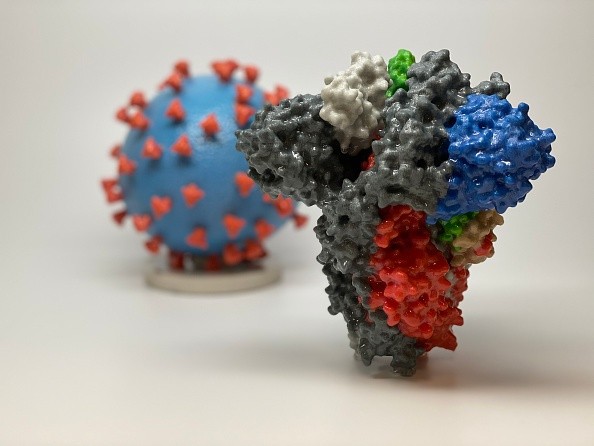New coronavirus mutations known as the lambda and epsilon variants, which are believed to have enhanced vaccination resistance, have been detected in the United States.

Epsilon Variant May Be Resistant to Vaccines
In a recently published article in Deseret, the novel coronavirus's epsilon variant may be resistant to COVID-19 vaccines, posing a new threat to both unvaccinated and vaccinated people.
The epsilon variant, which was detected in California and is now spreading in Pakistan, is resistant to all existing vaccines, according to researchers who have been following the variant's development in Pakistan. This is based on findings from a University of Washington study that showed the variant to be 20 percent more transmissible than earlier COVID-19 strains.
Furthermore, the epsilon variant has changes that allow this coronavirus "variant of concern" (VOC) to completely escape particular monoclonal antibodies employed in clinics and decrease the efficacy of antibodies from vaccinated people's plasma, according to a published article in India.com.
The receptor-binding domain on the spike glycoprotein was impacted by one of the three mutations in the epsilon version. The neutralizing activity of 14 out of 34 neutralizing antibodies specific to that domain, including clinical stage antibodies, was decreased as a result of this alteration. According to the Centers for Disease Control and Prevention, the epsilon variation is presently a "variant of concern" owing to an increase in occurrences in California.
Read Also : Epsilon Variants and Their Changes That Enable COVID-19 to Develop Evasive Measures Against Antibodies
WHO Classified Lambda as 'Variant of Interest"
The lambda variant, also known as C.37, was originally identified in Peru in November 2020. Peru has been one of the nations worst affected by the epidemic, having the highest COVID-19 mortality rate in the world at 595 fatalities per 100,000 people.
The lambda variant has been designated as a "variant of interest" (VOI) by the World Health Organization, indicating that it is thought to be either more infectious or more resistant to vaccinations than the original strain. A variant will be categorized as a "variant of concern" if additional evidence arises indicating it does one of those things.
However, the lambda version has three changes in its spike proteins that make it more infectious than the original virus, according to Japanese researchers. Two additional mutations in its spike proteins increase its resistance to vaccine-induced antibodies by approximately 150 percent.
The component of a virus that allows it to adhere to a human cell is called a spike protein. Additionally, Japanese researchers are concerned that designating the lambda variant as a "variant of interest" would reduce the danger.
The researchers wrote "Because the Lambda variant is a VOI, it might be considered that this variant is not an ongoing threat compared to the pandemic VOCs, However, because the Lambda variant is relatively resistant to the vaccine-induced [antibodies], it might be possible that this variant is feasible to cause breakthrough infection," according to a published article in MSN News.
On the other hand, the lambda variation does not seem to "take off after it is reported in a nation," according to Marie Van Kerkhove, an epidemiologist who is the technical head of the WHO's COVID-19 reaction team.








